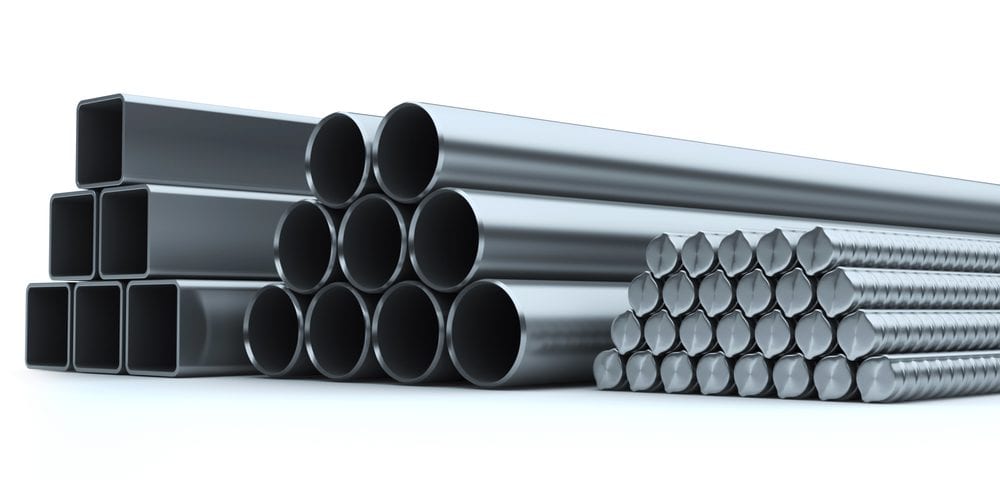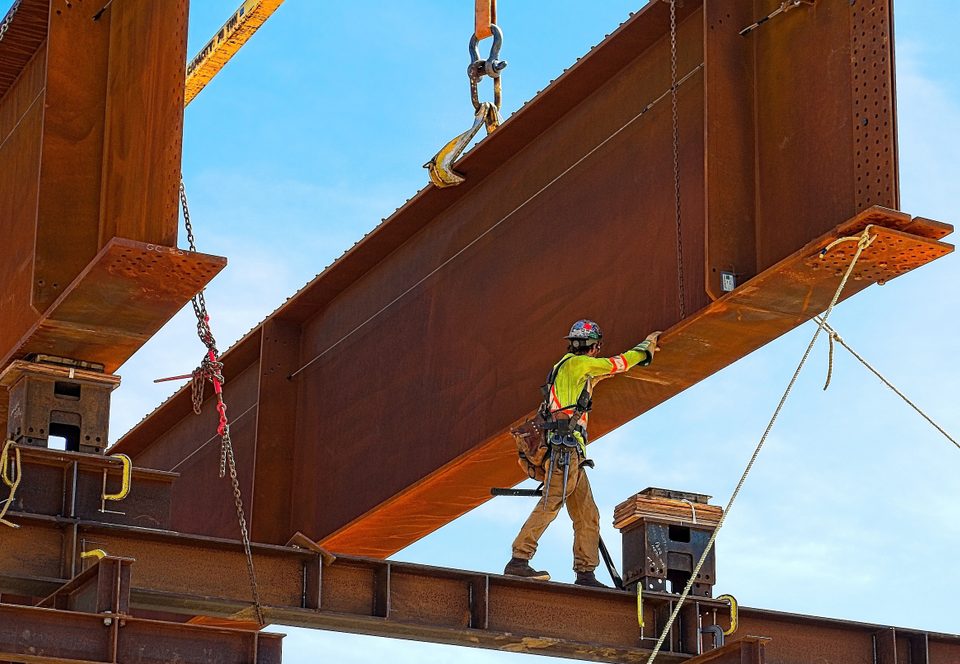Learning About Stainless Steel Classes

Importance and Requirements of Magnetic Steel
November 28, 2018
Learning About Stainless Steel Classes, Part 2
December 10, 2018As one of the most common steel products out there, stainless steel has several notable applications and benefits. It also has a number of different varieties that bring varying qualities, and it’s important to know the basic differences between these.
At Wasatch Steel, we can help with this. We have numerous stainless steel products available in several different types – stainless steel is generally broken up by classes. In this two-part blog, we’ll go over each of the five major classes, plus give you some basics on why stainless steel is so commonly used.
Stainless Steel Basics
The primary ingredient, so to speak, that separates stainless steel from other types is chromium. This element provides the kind of corrosion resistance that other steels do not have, allowing an invisible film to form on the inside surface of the steel. This rough film helps the metal resist corrosion of several types.
In addition, the film is self-healing. If the steel is damaged by mechanical or chemical issues, all it needs is some basic oxygen present to repair itself. Plus, stainless steel can have additional elements like nickel, nitrogen or molybdenum that improve corrosion resistance and other properties. This resistance and corresponding ease of use is the primary reason why stainless steel has so many common applications today.
Now, let’s start going over the different classes of stainless steel.
Ferritic Stainless Steel
Ferritic stainless steels are known to resist both corrosion and oxidization, and also have excellent protection against stress and cracking. They are magnetic and can be cold worked, but cannot be hardened using heat treatment. Ferritic grades have better corrosion resistance than martensitic grades, which we’ll go over below, but both lag well behind austenitic grades (in part two of this blog).
Some individual types of ferritic stainless steel:
- Type 430: A simple grade with relatively low corrosion resistance.
- Type 405: Adds aluminum and has lower chromium content, which makes the steel resistant to hardening when cooling.
- Type 409: Has decreased chromium content, and is therefore generally less expensive – but also has more limited applications.
- Type 434: Increased molybdenum content to add corrosion resistance.
- Type 436: Added columbium to help with heat and corrosion resistance.
- Type 442: Added chromium to help with scaling – commonly used in furnaces and heaters.
- Type 446: Extremely high chromium content for scaling resistance at extreme temperatures.
Martensitic Stainless Steel
Martensitic stainless steels are a group of stainless alloys that usually contain no nickel. They’re all magnetic, and are known for good hardness, strength and wear resistance. Some types to know:
- Type 410: Basic grade with lower alloy content and a lo cost. Used for non-severe corrosion.
- Type 410S: Low carbon content than the above, but better weldability due to lower hardenability.
- Type 414: Higher nickel content that ups corrosion resistance, such as for cutlery items.
- Type 416: Adds both phosphorous and sulfur to increase machinability.
- Type 420: More carbon to help improve mechanical properties. This type is often used for surgical equipment.
- Type 431: Contains more chromium to help with corrosion resistance.
- Type 440: Extremely high chromium and carbon content to help with toughness and corrosion resistance.
For more on the classes and types of stainless steel, or to learn about any of our steels services, speak to the staff at Wasatch Steel today.



